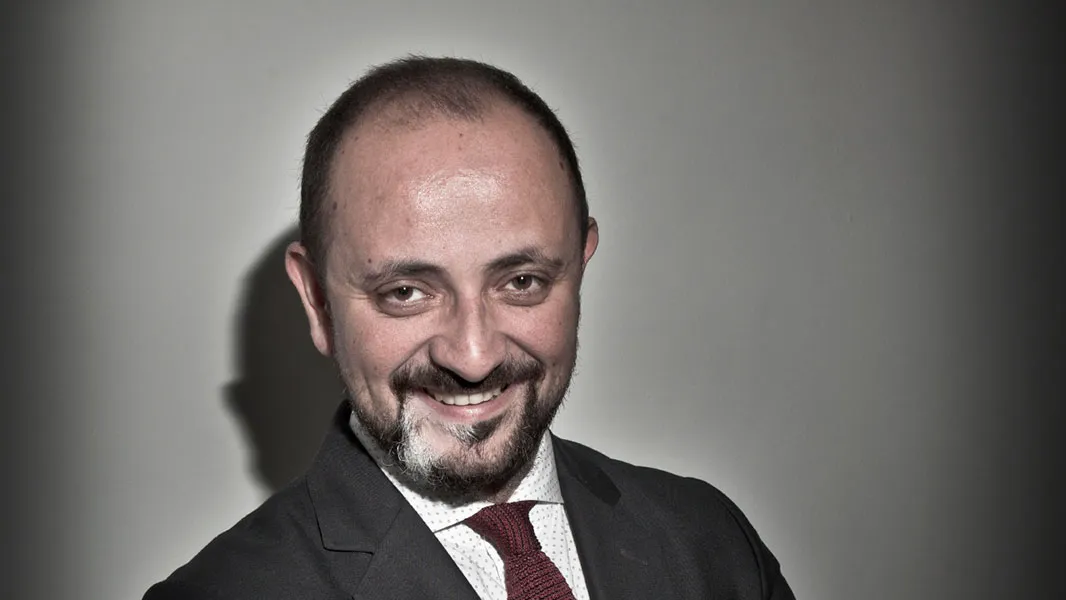
COP28 on Global Climate: A Focus on Corporate Disclosure
The fight against climate change is toothless without corporate disclosure. Pietro Bertazzi, Global Director, Policy Engagement & External Affairs at CDP (Carbon Disclosure Project) – as well as alumnus of the Bocconi Master in Management and Economy of the Environment and Energy (MAGER), which he earned after his degree in international law (human rights) – is persuaded of this. "I was a human rights lawyer. I wanted to work in ESG, but I missed the 'E'. Thanks to my Master degree, I was able to better understand the field."
On the basis of such acquired knowledge, today Bertazzi works for CDP, the most important organization for environmental disclosure. CDP works with 25,000 interlocutors including investors, companies, municipalities, regions and states. It will take part in COP28, with a series of events on transparency and accountability issues and a campaign for the elimination of fossil fuels, done in collaboration with We Mean Business.
Bertazzi is part of policy negotiations and tries to activate companies and financial institutions through corporate disclosure. "The latter was not directly covered by the 2015 Paris Agreement, which however included two transparency provisions to monitor progress towards the targets set by the Accords: the establishment of the Global Stocktake and the Enhanced Transparency Framework." The former refers to the UN assessment process to understand progress at a global level towards the objectives of the Paris Agreement. Its implementation was finalized with a rulebook at COP26 in Glasgow in 2021 and the first Global Stocktake will be launched at COP28. The Enhanced Transparency Framework instead stipulates that each member country will have to report progress towards the Paris Accords targets at a national level. In order for both to be efficient and effective, it is essential that business actors are taken into consideration.
The first national reports will be produced in 2024, measuring progress towards the Paris targets. "Measurement is fundamental because emissions have not been reduced so far," Bertazzi points out. The state of public finances is also to blame. "We do not have financial coverage for an ecological transition that meets the objectives of the Paris Treaty. We need to reallocate financial flows," maintains the Global Director of CDP. In his opinion, multilateral development banks, such as the World Bank, should be reorganized and reformed. The joint initiative between the Prime Minister of Barbados, Mia Mottley, and the President of France, Emmanuel Macron, is promising in this sense. Furthermore, one of the achievements of COP27 was the creation of a multilateral fund that should be overseen by the World Bank, to finance climate change adaptation measures.
And the COP28 in Dubai? "It will be a transitional COP. We expect some answers to questions on progress toward the Paris objectives with the Global Stocktake, but I believe we will start to have more granular information only in 2024, with the inception of national reports. On a positive note, I expect important news coming from the food sector, which has a major impact on the environment and emissions. Holding COP28 in a major oil-producing country is unlikely to lead to sensational results on the energy transition and the curbing of fossil fuel consumption, despite the strong push coming from a large coalition of governments. But at the same time, it can facilitate the achievement of objectives in other areas, such as that of the food system," says Bertazzi, who believes it is wrong to deny access to the conference to oil and gas producers who must, by necessity, be involved in seeking alternatives to the burning of fossil fuels. Also in this case, the key is to have transparency on every COP participant, who they speak for, and what interests they bring to the table.